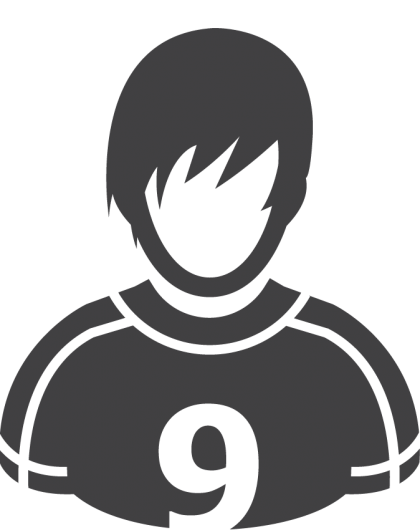
09. Homophobic incidents on and off football pitches are mapped out.
Measuring is knowing. Hardly any figures are available about homophobia in football. Studies by the British government[1], the British Stonewall[2] and the French Paris Foot Gay[3] reveal however that:
- 63% of the professional players think homosexuality is taboo in football.
- 41% of the professional players and 50% of the younger players admit having homophobic views.
- professional players display more often homophobic and sexist behaviour than amateurs.
- 70% of the supporters witnessed homophobic chants in the last five years.
- 70% of the British fans feel that clubs and football leagues do not take sufficient action to combat homophobia.
A 2009 survey in Sport football magazine showed that about 67.8% of the professional footballers think that there is no room for gays in football. However, more recent figures are not available from Flanders and Belgium. Nor have any studies been carried out like those in France and Great Britain. In order words, research is urgently required.
Research from the Netherlands [4] reports that 7 in 10 gay men would like to participate in a team sport, whereas only 2 out of 10 actually do so. They indicate that they are afraid of homophobic behaviour and exclusion. Once they are out, their experiences turn out better than expected. However, there is a huge gap between their fear and the decision to actually disclose their sexual orientation.
[1] Racism in football, House of Commons, Culture, Media and Sports Committee, Second Report of Session 2012–13, Volume 1.
[2] Leagues behind – Football’s failure to tackle anti-gay abuse, Stonewall, 2009.
[3] Analyse de l’homophobie dans le football professionnel, Paris Foot Gay & l’Institut Randstad, 2013.
[4] Report Motivaction ‘Beleving mannelijke teamsporten door niet-heteroseksuele mannen’(Participation in male team sports by non-heterosexual men), July 2011.
action
- We will examine whether the new interfederal Centre for Equal Opportunities and Opposition to Discrimination and Racism can act as a one-stop shop for reporting complaints of homophobia in football.
- Referees take note of any recognisable discriminatory or offensive chants by spectators or players and report them in their referee report. We make the match sheet clearer so that, apart from racist or other language and behaviour, homophobic language and behaviour can be reported as well. The existing 'form for offensive, racist and discriminatory language and chants' is revised to also specifically include a number of discrimination grounds.
- In future, the registration, monitoring and reporting of incidents will be better organised.
- The Royal Flemish Football Association adds a new criterion for monitoring homophobic behaviour to its sanctions enforcement software.


